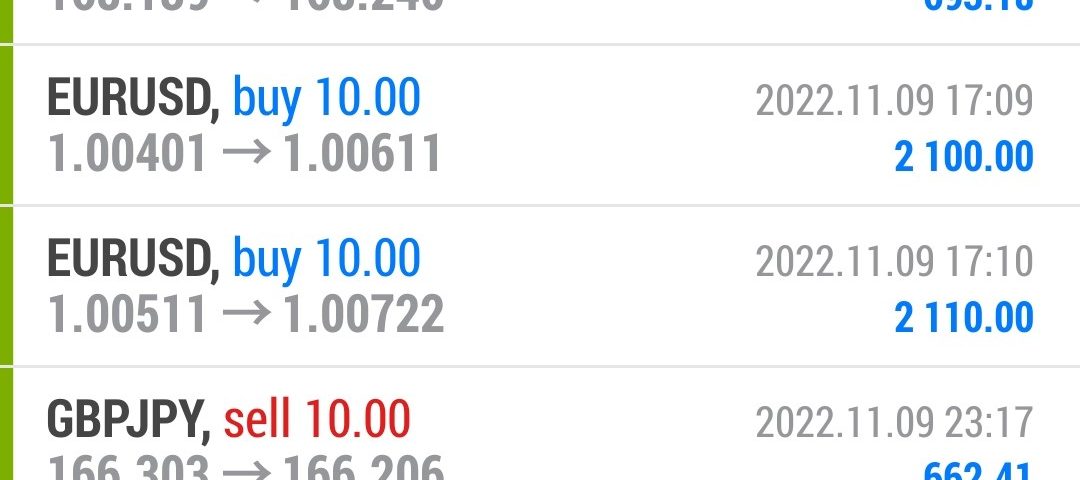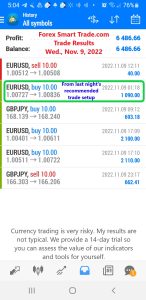When you open a trade with a B-Book forex broker, the broker takes the other side of your trade and does not hedge.
The broker keeps the trade “in-house”.
Remember, if your broker is taking the other side of your order and not hedging it with a liquidity provider (LP), it is taking 100% of the risk associated with your order.
This means that if the customer’s trade loses $1,000, the broker wins $1,000.
But if the customer’s trade wins $1,000, then the broker loses $1,000.
Given that the broker can still lose, B-Book execution seems risky.
Why do brokers B-Book and expose themselves to market risk and losing money?
Most Retail Traders Lose
Because most retail traders lose.
Think about it…
Between 74-89% of retail accounts lose money when trading forex.
This means 74-89% of retail forex traders are wrong.
With customers like these, the broker sees this as the equivalent of playing the game of “Heads or Tails” and betting “heads” with a coin that will land on “heads” 74-89% of the time!
If you know you’re going to be on the winning side at least 74% of the time, why wouldn’t you take that bet?!
Betting When the Odds Are in Your Favor
The odds would definitely be in your favor that you’d win the bet.
Now imagine that you are a forex broker, and you know that your customers are wrong over 70% of the time, would you B-Book?
I’m sure you’d jump at the opportunity!
That’s even better odds than betting on black when playing roulette!
If a broker wants to “STP’ or “A-Book”, it also has to pay a spread to an LP to hedge your trade. This means it costs them money to hedge.
But why hedge if most customers are going to lose?
Brokers “B-Book” trades because it’s usually more profitable for them.





